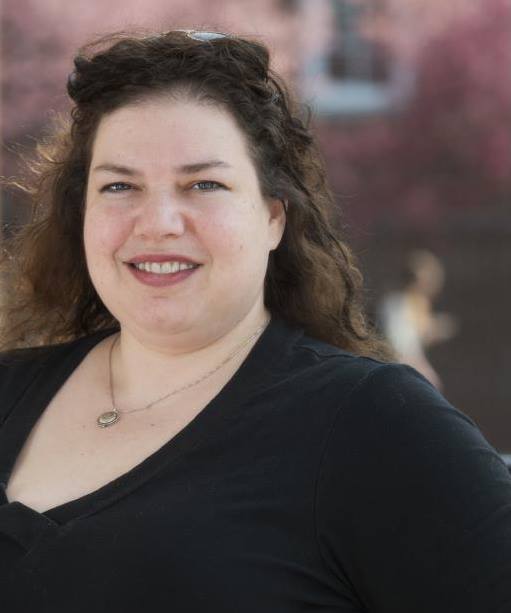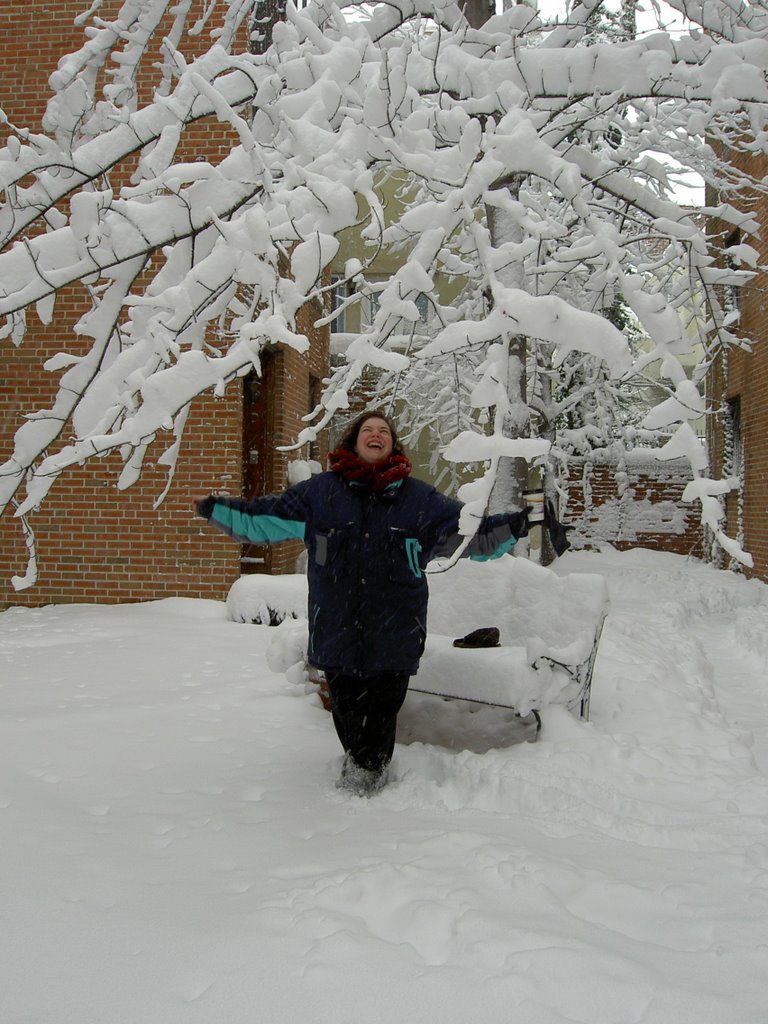
In today’s world, not much can get in the way of communicating with one another — unless, of course, it’s the poor connection to WiFi. With many people now having easy access to media, however, society seems to be growing more disconnected.

Dawn Fallik is a medical reporter and an associate professor at the University of Delaware. Over the past 10 years, Fallik noticed surveys and studies linking younger generations and loneliness.
“People immediately blamed technology or video games, but in my classes, I noticed that my students were more anxious about talking to other people, even each other,” she said.
Fallik decided to take a year off, and started interviewing people of all ages. From students to scientists, she wanted to find out more about what it meant to be lonely, and how it impacts mental and physical health.
During this panel, Fallik wants to focus on the discussion about the role loneliness plays in our lives and how it impacts our mental and physical health.
“Why do people – even those who study loneliness – cringe when people say they are lonely?” she said.
Though the panel is titled “Generation Lonely,” loneliness doesn’t target just one specific generation. Each individual is affected, but why has it come up so much now? A person can be super connected at one point in their life but have it change in another. Fallik said she has experienced loneliness in her own way.
“I worked in a super social newsroom and had a huge group of friends,” she said. “Then a bunch of us got laid off, others got married, others moved. I went into academia, which is incredibly solitary. It’s been very hard.”
Social media seems to be a platform we find ourselves on often. It allows us to connect with old friends and share our accomplishments, but one doesn’t often see people’s failures. Being bombarded with everyone’s successes can make one feel a certain way about how you’re living your life.
Why do you think more connection to people through social media actually makes us disconnect from the real world?

“It’s just a different kind of connection. The best sound in the world is laughter. But you can’t hear that over text or IM. I’ve known my best friend since high school, and I know from the way she says “hello” when she picks up the phone if she’s had a bad day. It also has physical ramifications. If you’re having a bad day and you talk to someone about it face to face, your stress levels measurably decrease. You feel better by letting off steam. It happens some over the phone, but less so. But there’s no change over text. So you never get that drop, and those stress levels remain high.”
While we’re busy connecting online, we often miss out on chances to connect in real life – at the bus stop, sitting next to each other in class. These little microconnections, that stupid small talk, are sometimes the first steps to deeper relationships, which is what we all want at the end of the day.
Dawn Fallik
Along with this panel, Fallik is writing a book “Generation Lonely: 10,000 Followers and No Friends” that will give more detail and information about the causes and consequences of loneliness.
Friday, March 8
12:30 p.m. – 1:30 p.m.
JW Marriott – Salon H
Find out more: Generation Lonely: 10,000 Followers and No Friends

Comments are closed, but trackbacks and pingbacks are open.